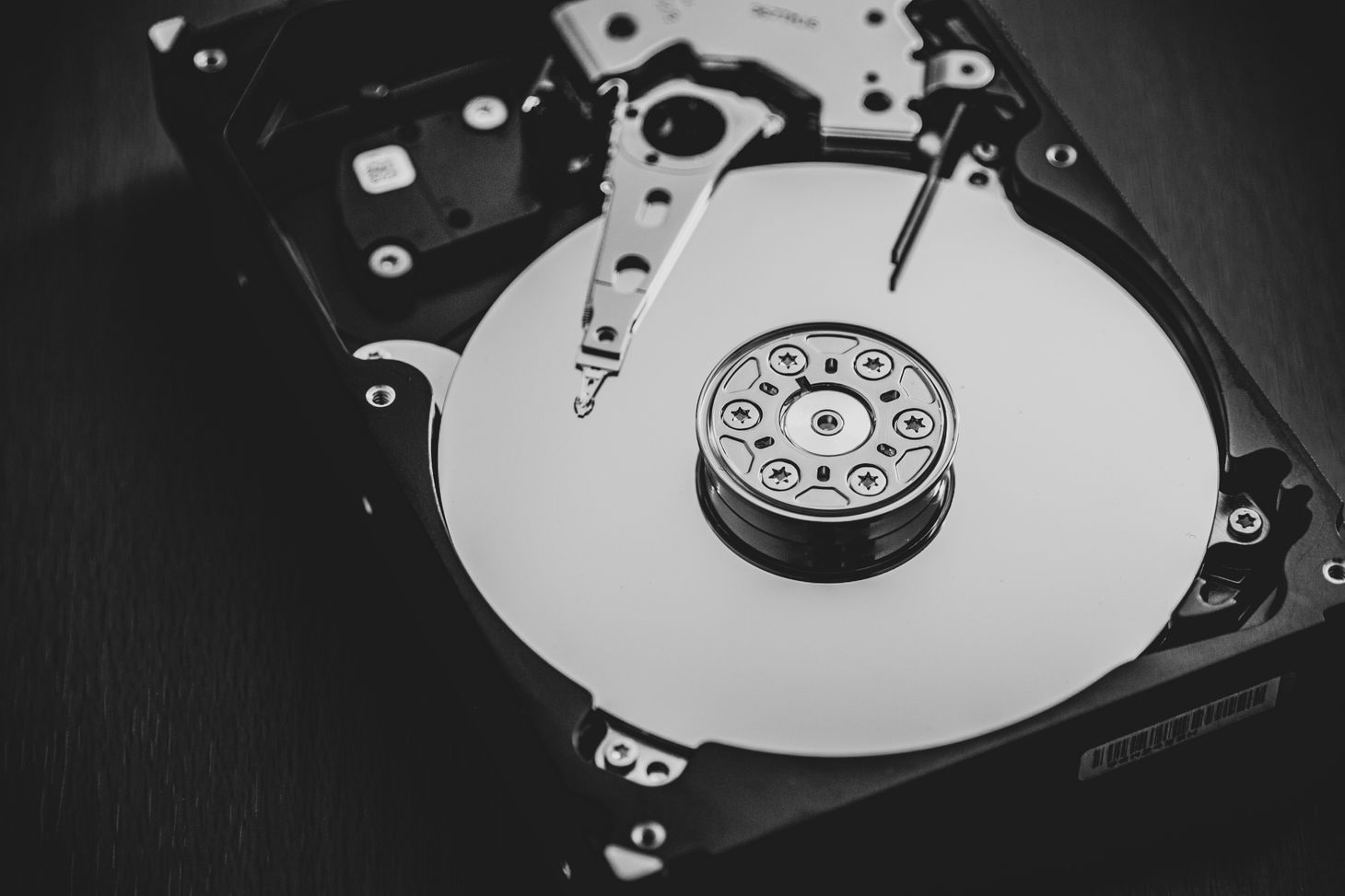Link Rot
You can't count on the things you love always being available on the internet.

Jason Morehead laments the way content is disappearing from the internet. He brings up the way technology news site CNet deleted a whole swath of older pieces.
In the grand scheme of things, deleting old tech articles may not seem like a big deal. But what frustrates me is that there’s no real good reason for it, just as there’s no good reason for Disney deleting titles to save money. Not when they’re shelling out stupid amounts of money to executives, anyway. And if it turns out that CNet is clearing up space in their archives just to make room for more (error-filled) AI-generated content, then that’s simply adding insult to injury.
This phenomenon can be absolutely be frustrating, and it's one I seem to be running into more and more every day. In fact, I run into it so frequently, I have almost stopped noticing, but rather just move on to the next task.
After advising the younger generation to download things that they love, Matt Birchler ran an experiment to see how bad link rot really was. He breaks down the raw numbers, which are fairly concerning. He comes to this conclusion: "My takeaway here is the same as it was in my previous article: save the things you really love."
I recently noticed a classic album from the 2010-era chillwave explosion was no longer on Apple Music. I have it on vinyl but wanted a digital copy. Thankfully, it was still available as a download on Bandcamp. The concerning thing is that, with less music being released on CD, we're relying on specific platforms like Bandcamp to have the music available digitally. Otherwise, we're out of luck. I've actually started downloading WAV files of the releases I buy on Bandcamp and burning them to CD (for listening now as well as archival).
I don't recommend being a hoarder (even a digital one), but Birchler and Morehead are right, you should keep copies of things you cherish.



